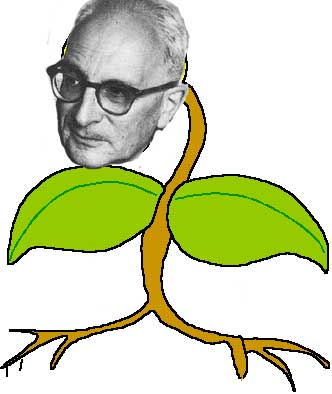Judith Butler has written that “resistance is the mobilization of vulnerability,” arguing that precariousness animates action. This suggests that rather than a state of docile subjugation, vulnerability is a source of empowerment. A particularly revealing example of this relationship between power and vulnerability is evidenced in the current status of federal climate science data. This data is increasingly vulnerable, as it is now maintained by an administration that has openly disavowed its credibility. At the same time, its vulnerability is directly tied to the potential power it wields in upsetting the authority and legitimacy of this administration. The power and vulnerability of climate data are positively correlated.
On its first day in office, the incoming administration ordered all mention of climate change removed from the official White House website. This, and the new president’s vow to eliminate Obama-era environmental policies, suggest a broad mistrust of science (climate science particularly) among the executive branch and its supporters. Suspecting that this could endanger decades of accumulated scientific data and research, UPenn’s Environmental Humanities program and Penn Libraries have initiated the DataRefuge project (#DataRefuge, @DataRefuge), facilitating a series of DataRescue events around the country designed to ensure that federal climate and environmental data remain publicly available under the current administration – a clear illustration of resistance stemming from the mobilization of vulnerability.
The following is an email conversation with one of the initiative’s organizers, Patricia Kim (@lowerendtheory) – Ph.D. candidate in Art History and Program Coordinator and Graduate Fellow at the Penn Program in Environmental Humanities (PPEH).


